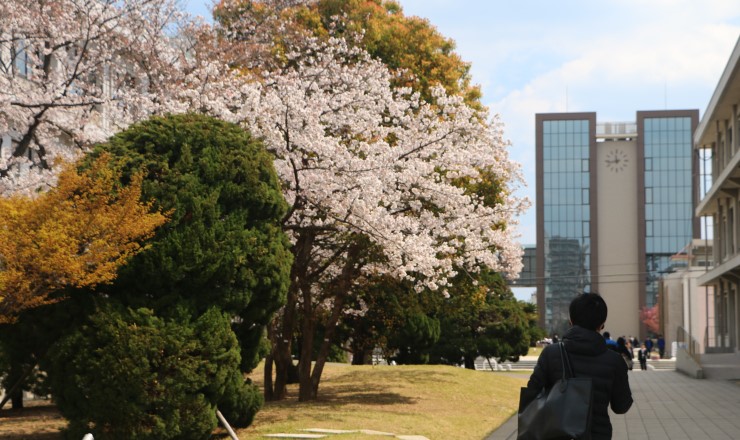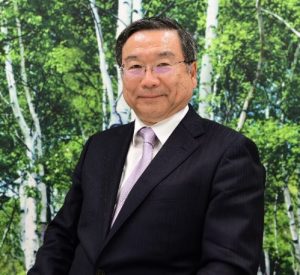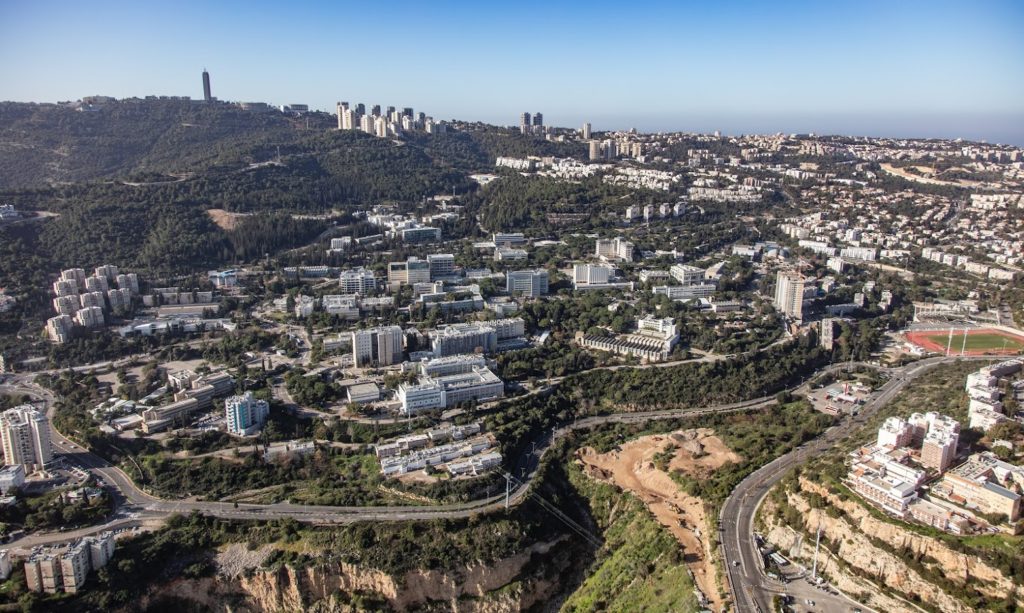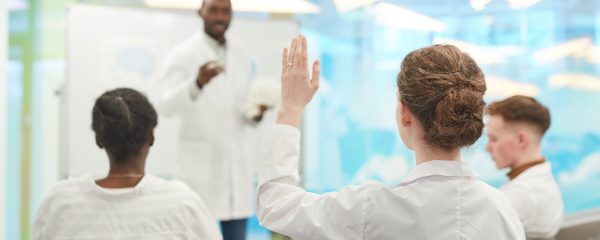
Tokushima University Academic Collaboration Office with Technion (ACOT)
Introduction of the Academic Collaboration Office with Technion (ACOT)
In November 2020, Tokushima University established the Academic Collaboration Office with Technion (ACOT) to support international joint research and human resource exchange projects with Technion-Israel Institute of Technology (Technion) through strategic oversight.
Technion is an ideal partner to enable Tokushima University to conduct research and education geared towards outstanding ideas and potential for innovations that had been a challenge to accomplish by themselves. Through the collaboration with Technion, ACOT is promoting the following activities:
Tokushima International Science Institute (TISI)
Established in January 2021 under the collaboration with Tokushima University and Nichia Corporation (Nichia). TISI is conducting International Collaborative Research with Technion.
Postdoctoral Fellowship
A mutual exchange program for postdoctoral researchers between Tokushima University and Technion began in 2021.
Special Lectures
Since 2020, Tokushima University has been organizing special lectures inviting distinguished speakers from Technion.
Message from the Director of ACOT, FUKUI Kiyoshi
(Vice President for Academic Collaboration with Technion)

For Tokushima University, establishing a diverse environment is one of the most urgent issues in education and research for contemporary issues. In this regard, we are very grateful to Nichia for introducing us to Technion, a marvelous opportunity.
Technion is a leading global university, which counts several Nobel Prize laureates among its faculty, dozens of university-launched start-ups, and consistently high positions in the world’s university rankings. I sincerely appreciate the continuous support from Distinguished Professor Mordechai Segev (Moti), one of the most prominent scientists at the Technion, who played the key role in establishing the recognition of the Technion executives, including President Prof. Uri Sivan, and Nobel laureate Prof. Aaron Ciechanover. I believe that without his dedicated commitment and enthusiasm, our academic collaboration could not have come true.
The Academic Collaboration Office with Technion (ACOT) was established in Tokushima University to promote strategically the valuable partnership between Technion and Tokushima University. And now, various educational and research programs have been implemented as our academic cooperation.
As Director of the ACOT, I would like to support both universities’ young researchers and students in developing into globally active human network through intellectual exchange. Moreover, I would like to encourage achieving innovative results through collaboration with Technion researchers in the areas of particular strength of our university by multidisciplinary approach.
I am proud to specially mention that this active collaboration between Technion and Tokushima University is quite valuable and unique in Japan. I warmly welcome the interest and participation of students and researchers in this academic collaboration.
Introduction of Tokushima University
Under the National School Establishment Law, Tokushima University comprising the Faculty of Liberal Arts and Education, the Faculty of Medicine, and the Faculty of Engineering, was instituted in 1949. Currently, the university has eight graduate schools and six undergraduate schools. Furthermore, there are several institutes, such as the Institute of Advanced Medical Sciences (conducts the world’s most advanced life science research), Institute of Post-LED Photonics (conducts innovative research in the field of next-generation light), University Hospital, and Industry-University R&D Startup Leading Institute (which supports industry-university cooperation and start-ups). On the way to globalization, we exchanged academic agreements with 99 institutions in 30 countries worldwide (as of December 1, 2020). The deal with Technion-Israel Institute of Technology now brings us up to 100 institutions in 31 countries. In addition, we are taking in more than 200 international students. As a national university that has produced a Nobel laureate in 2014 and is strong in the sciences, we are conducting the world’s most advanced research, fostering talented human resources, and strengthening partnerships with local companies.
Introduction of Technion-Israel Institute of Technology (Technion)
Technion (laying the first cornerstone in 1912 and starting studies in 1924) is the premier research university in Israel for science, technology, and engineering and ranked among the leading technological universities worldwide. Technion is well known for its spirit of innovation and entrepreneurship, and its alumni and researchers have developed numerous groundbreaking inventions with worldwide impact. The university is proud of its four Nobel laureates – Aaron Ciechanover, Avram Hershko, Dan Shechtman, and Arieh Warshel. Over the years, Technion has played a pivotal role in positioning Israel as the “Start-up Nation.”

©Technion Spokesperson’s Office
Introduction of Nichia Corporation (Nichia)
Nichia Corporation, headquartered in Tokushima Prefecture, Japan, is a research and development enterprise with a two-pronged business base: optical semiconductor devices, such as LEDs and laser diodes (LDs), and functional chemicals, such as cathode materials and phosphors for lithium-ion batteries. Its products have maintained global top-level market shares in their respective fields.
Founded on the manufacture and sale of pharmaceutical raw materials, Nichia has expanded its production range to include phosphors and other products, drawing on its chemical reaction, refinement, and powder control technologies. Through its phosphors business, Nichia entered the optical semiconductor business and established the world’s first mass production technology for blue LEDs and blue-violet LDs. White LEDs manufactured applying these technologies are used in mobile phones, televisions, automobiles, lighting, and more.
Nichia has research centers in Anan (Tokushima Prefecture) and Yokohama (Kanagawa Prefecture), and a technology center in Shimosuwa (Nagano Prefecture). In addition to conducting state-of-the-art research in optics, Nichia also takes on the challenge of exploratory research and development in pursuit of innovation.
Last Updated on 2024-04-11




